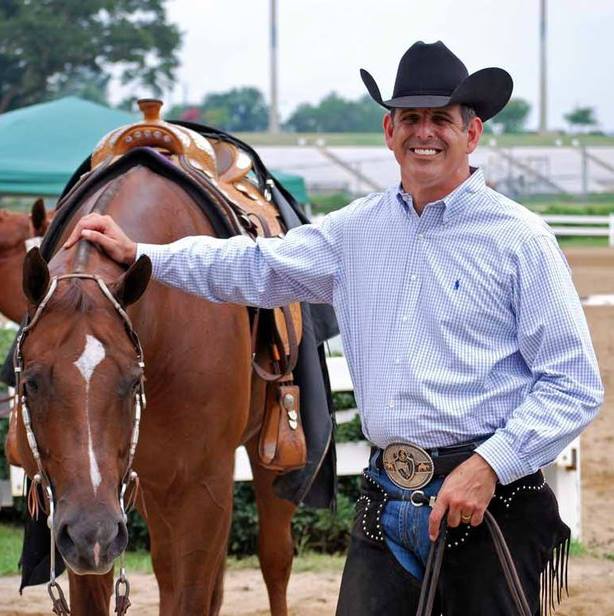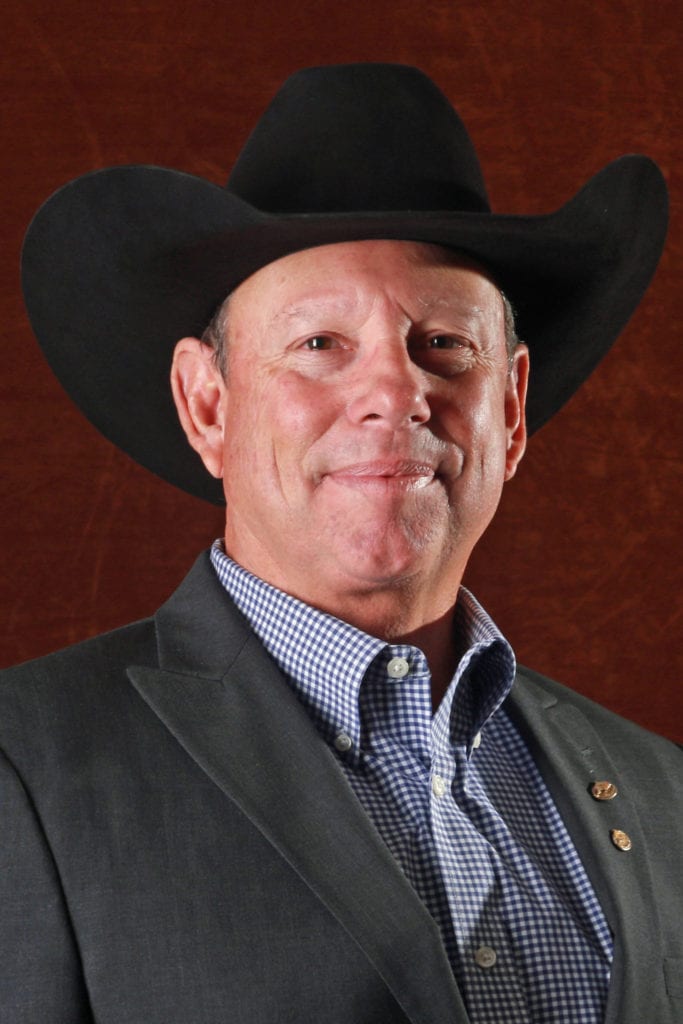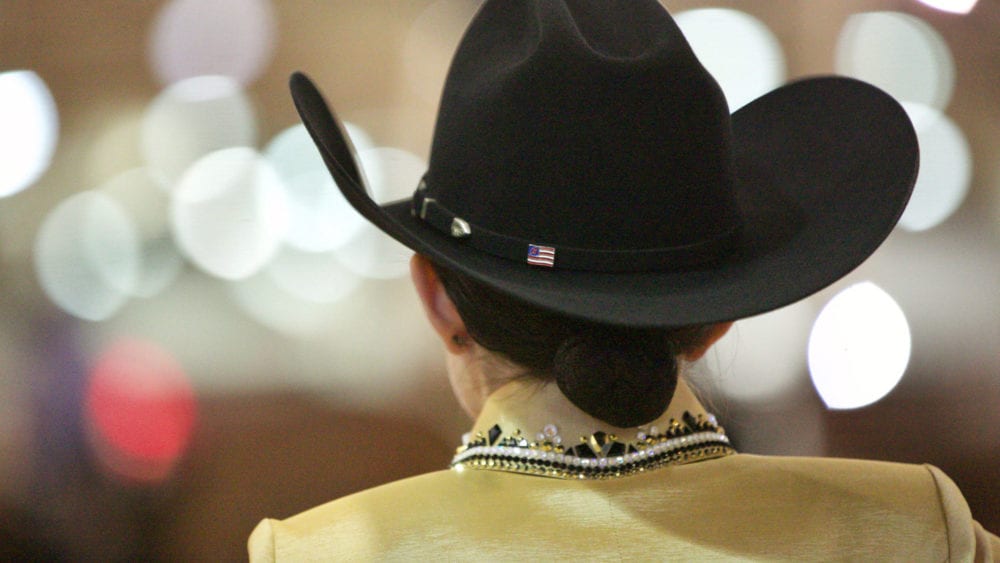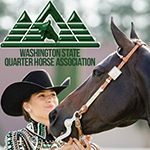Unless you’re lucky enough to live somewhere warm, the winter is when most riders take a break from showing. Leonard and Leigh Berryhill of Berryhill Quarter Horses, and Gene Spagnola of Powder Brook Farm, talked about how they approach the off-season with their riders to prepare them for their show season best.
Set Goals
Having a few months to stay at home and not worry about getting ready for a horse show is an excellent opportunity to perfect your horse’s skills. Sit down and make a list of goals for the off-season to stay motivated.
 “We sit down and do some goal-setting for our year,” Spagnola said. “I encourage them by looking at the future and what we have to work on. Let’s talk about the steps we’ve made in the past year and look at where our weaknesses were, so they have something to look forward to. It’s great to look at all your successes, but you also have to look at where your weaknesses are so that you can prepare for next season.”
“We sit down and do some goal-setting for our year,” Spagnola said. “I encourage them by looking at the future and what we have to work on. Let’s talk about the steps we’ve made in the past year and look at where our weaknesses were, so they have something to look forward to. It’s great to look at all your successes, but you also have to look at where your weaknesses are so that you can prepare for next season.”
Focusing on four to five skills is vital, so you and your horse don’t get overwhelmed.
“I look at where we’re at and where we want to go, and I focus on the biggest problem areas,” Gene said. “If you have a horse that doesn’t have a finished lead change, the winter months are a great time to work on that. It’s hard when you’re at a horse show to finish up that type of maneuver. So, we’ll pick four or five major things that need to be worked on and prioritize that so that we can be more prepared for next year.”
Strengthen Your Body
Riding is an intense sport and requires strength of all kinds. When you have time to improve, focus on building muscles that will better your riding. “You have to stay physically strong,” Leigh Berryhill said. “A lot of our riders have to ride without their irons and get as sore as possible because you don’t want that before a horse show.”

Gene expanded on how important being strong is. “To be a great rider, you have to be fit and strong. I encourage my riders to work out,” he said. “I always refer to a rider’s ability to control their body by their core as an important part of their strength. Do exercises that strengthen your core.”
Watch Film
Treating riding like a high level, professional sport can be beneficial to improve your horsemanship. Just as other athletes do strength training, they also watch film, an easy strategy to employ in the off-season.
“The biggest thing is to watch your videos, over and over,” Leigh said. “You can simulate feeling like you’re on that horse. Ask yourself, ‘What did I do there that I can do differently?’”
Even if you don’t have your videos, watch other riders and try to do the same thing. “Watch other people’s videos, and try to learn from them and their mistakes and your mistakes,” Berryhill said. “Video is incredible because you can almost close your eyes once you’ve watched it and do it.”
Take a Break

One of the best things you can do during the off-season is take some time off. “No matter what, riders need to recharge their batteries,” Spagnola said. “As a trainer, I’m comfortable with that. The horses need a break, and the riders need a break to freshen their brain up a little bit.”
The Berryhill’s agreed that the off-season is a perfect time to take a break. “Everyone needs breaks. The off-season is a great time to get to know your horse and relax your mind and emotions a bit,” Leonard Berryhill said. “Some people are so intense that they never let down. I think it’s good to have an off-season. It’s good to let down for a little while and gradually build yourself back up.”
But, finding a balance between breaks and practice is essential. If you take too long of a break, it could affect your performance once shows start back up.
“I always try to encourage it to be no more than 45 days, and then I encourage them to start back,” Gene said. “You don’t want to be playing catch-up after you go to the first horse show.”
As show season approaches, you should shift to getting back in the competitive mindset, which Leonard emphasized. “There is a little competitive edge they lose when they stay here all the time and aren’t going out to the horse shows,” he said. “A week or two before we go to the horse show, we try to start simulating the horse show environment and try to get that edge back on there a little bit.”
Leigh provided some insight into the reasons behind this. “When it’s time to go back to shows, they get relatively nervous being that it had seemed like it was forever since they showed horses,” she said. “What I tell them is that everyone is in the same spot. When you do go back [after the off-season], you feel like you’re rusty, even if you’ve practiced up.”
So, take advantage of these few months without shows. Let yourself and your equine partner get some rest and understand the improvements you can make during the off-season. Following this advice will only prepare you more for when shows do roll around.









